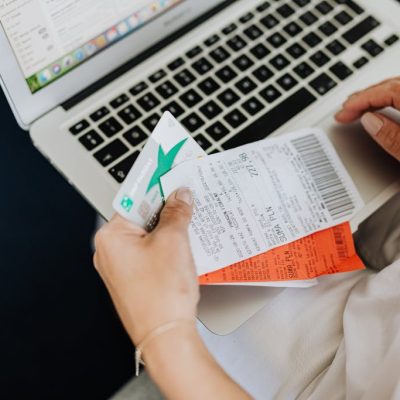
Effective Budgeting for Black Friday Shopping
Black Friday is one of the biggest shopping events of the year, offering significant discounts on a wide range of products. However, without a proper budget in place, it’s easy to overspend and regret purchases later. Here’s how to create an effective budget that will help you get the best deals without breaking the bank.
Identify Your Shopping Priorities
Before diving into Black Friday sales, make a list of the items you need or want to purchase. Prioritize this list by separating essential items (like gifts or household necessities) from non-essential ones (like impulse buys). Focusing on your priorities will help ensure you allocate your budget wisely and avoid unnecessary spending on items you don’t really need.
Set a Total Spending Limit
It’s crucial to decide how much you’re willing to spend overall during Black Friday shopping. Consider your current financial situation, bills, and other expenses when determining your spending cap. Once you set your budget, stick to it. If you’re shopping online, use budgeting tools or set up alerts that notify you when you’ve reached your spending limit.
Research Prices in Advance
Many retailers promote early Black Friday deals, and it’s wise to compare prices across multiple stores before making a purchase. Use price-tracking websites and apps to see how much items usually cost. This helps ensure that the deals you see are truly worth the purchase and aren’t inflated before being discounted.
Allocate Funds for Different Categories
Divide your budget into different spending categories. For example, if you’re shopping for gifts, clothes, and electronics, assign a specific portion of your budget to each category. This will help you avoid overspending in one area and leave you enough money for everything you need.
Use Cash for In-Store Purchases
For in-store shopping, using cash can be an effective way to control your spending. When you pay with cash, you can physically see how much you’re spending and stop when you’ve reached your limit. It also prevents you from accumulating credit card debt, which can happen easily during sales events like Black Friday.
Track Your Spending in Real-Time
Keep a close eye on your spending throughout Black Friday. Use mobile apps or budgeting tools to track how much you’ve spent and how much is left in your budget. This real-time tracking can prevent impulse buying and help you stay within your spending limit.
Be Mindful of Hidden Costs
Don’t forget to factor in hidden costs such as taxes, shipping fees, or extended warranties, which can add up quickly. Be sure to calculate the total price before completing your purchase, so you’re not surprised by extra charges that can throw off your budget.
Skip Unnecessary Items
During Black Friday, it’s easy to get swept up in the excitement of the deals. However, resist the urge to buy items just because they’re on sale. Stick to your list and only purchase things that are either necessary or that you’ve been planning to buy.









